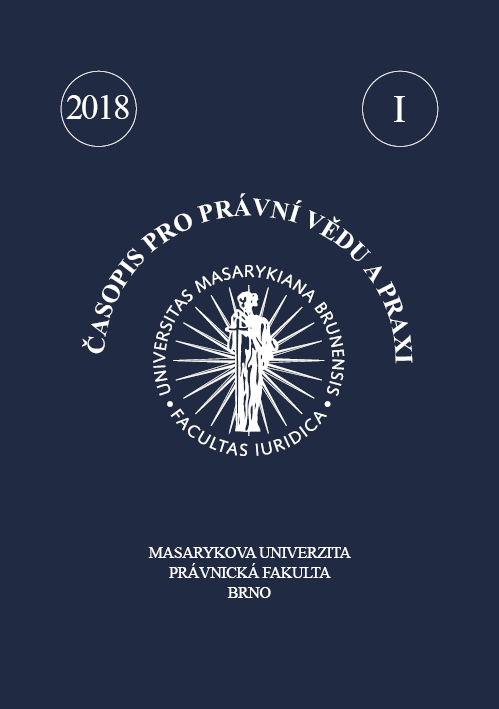Koncentračná zásada vs. zásada náležitého zisťovania skutkového stavu veci v slovenskom trestnom konaní
Principle of Concentration vs. Principle of Investigation the Facts Beyond Reasonable Doubts in Slovak Criminal Law
Author(s): Sergej RomžaSubject(s): Criminal Law
Published by: Masarykova univerzita nakladatelství
Keywords: Principle of Concentration; Principle of Investigation the Facts Beyond Reasonable Doubts; Principle of Equality of Parties; Evidence; Evidentiary Process; Means of Evidentiary Process; Principles in
Summary/Abstract: The principle of concentration in general raises the requirement that certain procedural acts, process parties be implemented (concentrated) at a certain stage of the proceedings and even a certain procedural moment, which may be linked to different procedural facts. The principle of concentration, in particular, acquires the meaning, in relation to the evidentiary process, when the legislator establishes a census in this respect, when the parties may propose or, to provide evidence. In order to properly understand the merits of the principle of concentration, its place and its application in criminal proceedings, it is necessary to clarify its compatibility with other reference principles of criminal procedure and, in that regard, specifically with the principle of investigation the facts beyond reasonable doubts. With the current concept of creation and the hierarchy of the basic principles of criminal proceedings, it is to be noted that the legislator recognizes the privileged status of principle of investigation the facts beyond reasonable doubts.
Journal: Časopis pro právní vědu a praxi
- Issue Year: 26/2018
- Issue No: 1
- Page Range: 71-86
- Page Count: 16
- Language: Slovak

